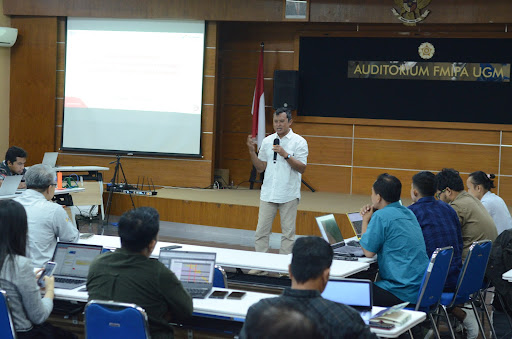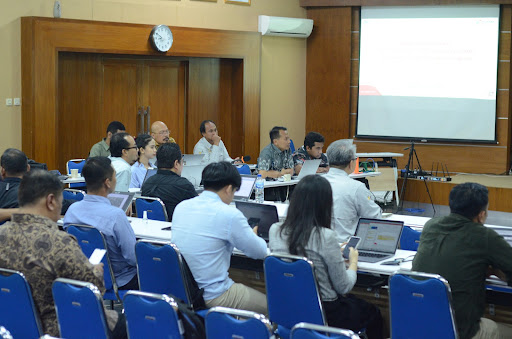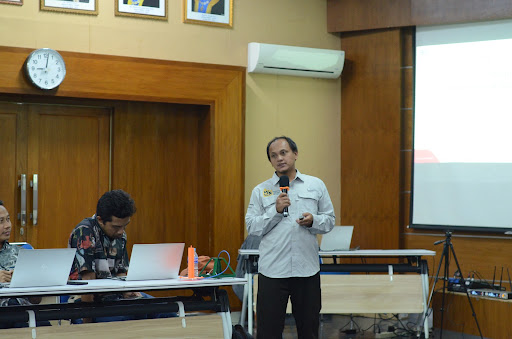FMIPA UGM had the opportunity to host the Pre-Operation Workshop for the Shallow Water Passive Seismic Study, USV Bathymetry, and Drone Magnetometer on July 5-6, 2023. This event was attended by representatives from Pertamina Upstream Innovation, Pertamina Hulu Mahakam, Pertamina Hulu Indonesia, Elnusa, and FMIPA UGM.
According to Dr. Wiwit Suryanto, “The innovation cycle after confirmed research is downstream processing. I believe Elnusa is the right downstream partner for us. We hope our relationship will become even more intensive so that downstream processing can be utilized not only domestically but also internationally.”
In the initiation phase, this study began as a collaborative research effort with UGM in 2020, applied in Pertamina Hulu Mahakam and Pertamina Hulu East Kalimantan. Subsequently, in 2022, field implementation was carried out in partnership with Elnusa. Now, in 2023, this study has entered the pilot project phase.
The primary objective of this collaboration is to develop tools for detecting passive seismic waves, and students have the opportunity to undertake internships. The benefit of implementing this method is as one of the fundamental aspects of mapping hydrocarbon prospects in the oil and gas field. Additionally, students gain internship experience, making them better prepared for future employment in the industry.
“So, then (through this passive seismic method), the added value is that we will obtain additional data. It’s not meant to replace the seismic methods that have been used before,” as explained by Mr. Boko Suwardi, Senior Specialist Innovation Geophysics.
Another benefit is reducing the errors in wellbore location. With additional data from passive seismic, confidence in the presence of hydrocarbons beneath the surface will increase. Additionally, passive seismic methods are referred to as clean technology. This method has minimal environmental and social impacts because its energy source comes directly from nature, without the need for energy generated by processes such as dynamite explosions.




